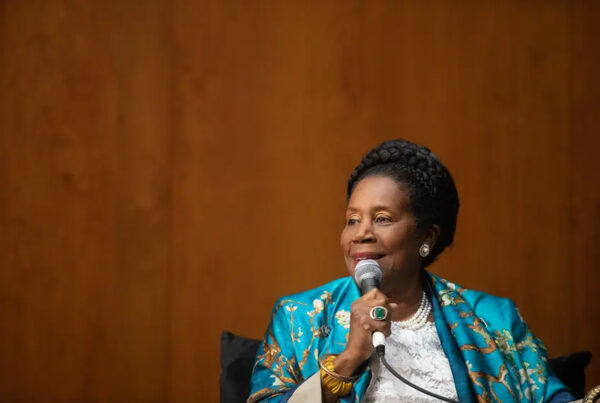On a warm Wednesday morning before the Fourth of July, about a dozen people waited for a bus at the Hillcroft Park & Ride in Gulfton. None of the riders were eager to speak with a reporter at 7 a.m. on the Wednesday before the Fourth of July, though one said the bus service there is already fast enough.
The Gulfton neighborhood could have seen even faster service if METRO chose to proceed with the University Corridor Bus Rapid Transit (BRT) project. In 2023, former METRO Board Chair Sanjay Ramabhadran described it as a “transformational project for the region.”
“It ties into over a dozen of our high-frequency bus routes, ties into all three light rail lines, ties into the Innovation Hub, eight of our transit centers and so much more,” Ramabhadran said. “And of course, the reason it’s the University Corridor is three campuses of the Houston Community College System, the University of St. Thomas, Texas Southern University, and the University of Houston.”
But the University Corridor BRT is shelved for now. The decision marked a shift in focus for the METRO transit authority.
‘COVID changed the way we operate’
Newly appointed METRO Board Chair Elizabeth Gonzalez Brock pointed to low ridership and financial concerns as the primary reasons for the University Corridor reversal.
“In terms of our finances, looking at the data that we had in front of us, we had to make some tough decisions,” Brock said in an interview with Houston Public Media. “We know that our ridership is down. A lot has changed since COVID. COVID changed the way we operate.”

















